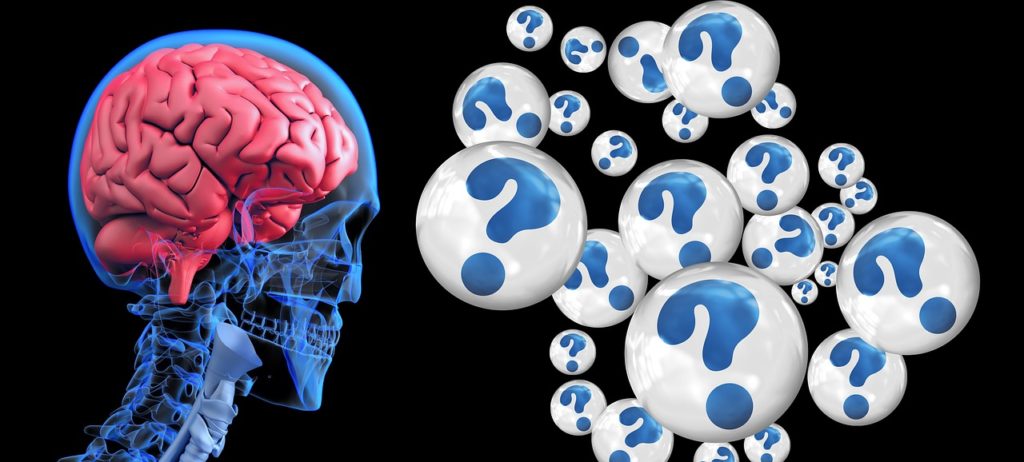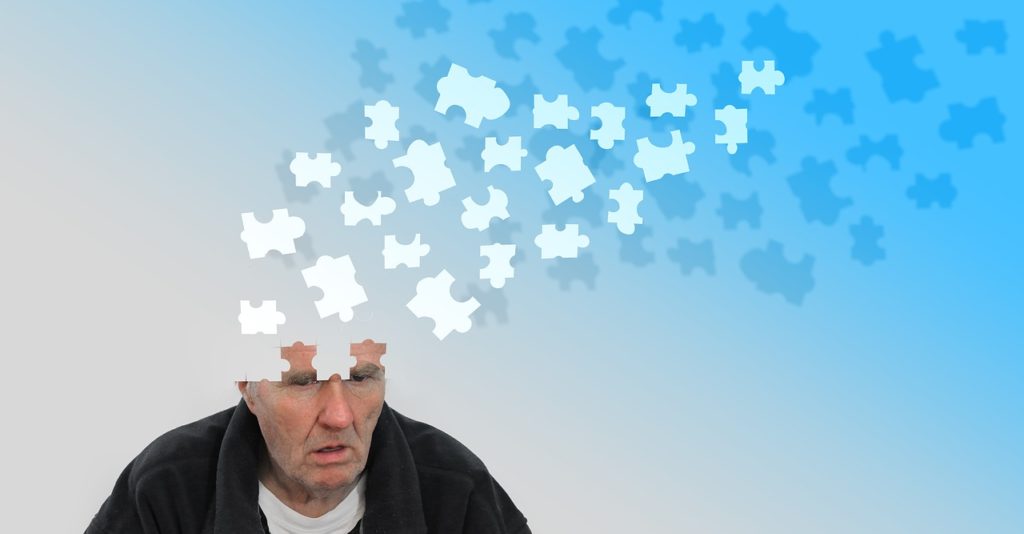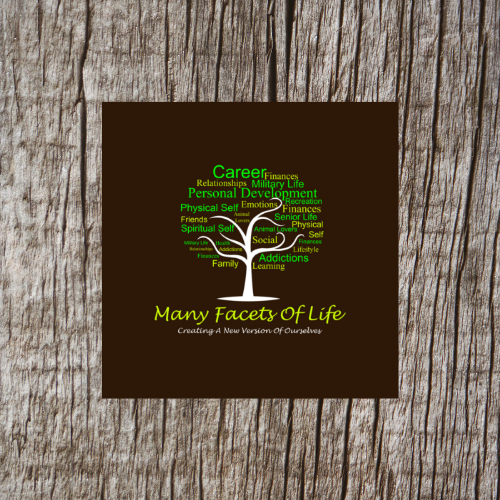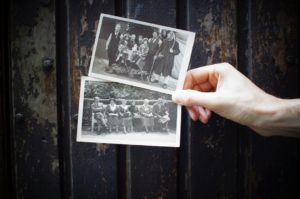Photo by Cheryl Winn Boujnida – Unsplash

Posts may contain affiliate links. As an Amazon Associate, we earn from qualifying purchases and collect a small commission at no cost to you. This helps my blog to keep going. Thank you! For more info, read my disclosure policy.
Alzheimer’s disease is a progressive brain disorder that slowly destroys memory and other important mental functions. There is no cure, and can only be diagnosed in definite terms after death.
It is estimated that about 5.5 million Americans around 65 or older may have dementia brought on by Alzheimer’s. According to the National Institute on Aging, it is ranked 6th as the leading cause of death in the US, and 3rd among older people.
The first sign typically is memory loss which can vary from person to person. Some have a mild impairment (MCI) and have more memory problems than others, but the symptoms do not affect their daily lives. The elderly with MCI are more at risk of getting Alzheimer’s, but not all do. Some go back to having normal cognitive abilities.
Stages Of Alzheimer’s’ Disease
In the mild stage, people are often diagnosed. They can walk off from their home and get lost, have trouble with money and paying their bills, will ask repeated questions, become forgetful in trying to complete normal daily tasks, there will be personality and behavior changes.

In the moderate stage, there can be damage in areas of the brain that control, reasoning, language, sensory processing, and thoughts. Confusion and memory loss gets worse, where they don’t recognize family and friends. Daily activities become harder to do, including getting dressed. They might start having delusions and paranoia and can behave impulsively like a small child and be hard to deal with.
In the severe stage, they can no longer communicate and are totally dependent on others caring for them. The body usually shuts down, so they could spend most of their time bedridden.

Possible Causes And Need For More Research
It is not really known what causes Alzheimer’s. It could be a genetic mutation. It could also be a combination of genetic, environmental, and lifestyle changes since it progresses and the brain changes over the years. Since it varies from person to person, it makes it even more questionable.
Scientists are studying more on the plaques and tangles (bundles of fiber) in the brain and how they can affect the disease. There is also research where scientists are exploring ways to delay or prevent the disease as well as treat its symptoms.
Having a healthy diet, regular exercise, being social, and doing such things as puzzles and mind stimulating activities can all be associated with helping people stay healthy as they age, but with such a complex disease, it is going to take more research to find a cure, but by getting diagnosed early you could get in clinical trials, and get your affairs in order.
Sadly Watching Your Loved One Become A Human Shell
My grandmother started having symptoms I think when she was around her late 70s. I remember having to repeat myself when we would visit her or she would write letters, repeating herself. My mom passed away when she was almost 80.
When we went to the gravesite, she was at the point she really didn’t recognize us anymore, but you could tell she remembered my mom and showed emotion. We had family gatherings and she would be really stubborn and if she didn’t want to do something she would throw a fit like a small child.
Finally, she had to be put in a nursing home, as my cousin could no longer care for her. She stayed there until she passed in her early 90s. They said she was physically healthy with a very strong heart.
“The disease might hide the person underneath, but there’s still a person in there who needs your love and attention.”
Jamie Calandriello
In Closing
This is a very sad disease, because you see the person you loved and knew, die before your eyes, and they become this human shell with all the life and spirit gone. Hopefully, the cure is right around the corner, so families in the future won’t have to endure the pain and suffering that goes along with this disease.
Have you had a family member that had or has Dementia or Alzheimer’s? At what age was it diagnosed? Below are some books from Amazon that might be helpful with ways to support and help your loved one.
Here is a link where you can contact the National Institute Of Aging for more information.
If you found this post useful, please comment in the comment section below and share it with family and friends on social media.
Here is another post you might be interested in – Baby Boomer Generation
Subscribe to my YouTube Channel
Join my email list for my free newsletter and other posts on the right sidebar
Visit my podcast Health Becomes Fitness
See you soon, Denise
Posts may contain affiliate links. As an Amazon Associate, we earn from qualifying purchases and collect a small commission at no cost to you. This helps my blog to keep going. Thank you! For more info, read my disclosure policy.



Dementia and Alzheimer’s are very sad and debilitating diseases. Not just for the patient but very much so for the families as well. The last 5 years of my nursing career were devoted strictly to Alzheimer’s patients. We not only treated the patients, but we helped the families also. I hope and pray for advancement in research daily and hope to find a cure one day soon! Great article!!
Thank you for your feedback Sharon! It is so heartwarming to know you were there for the patients and families during this difficult time. My sister became a nurse in her 50’s and is working with the elderly. She became the caregiver of her husband’s dad when he developed Alzheimer’s until homecare was not enough. I admire the dedication and love nurses give to their patients!
I lost my Gran to it just over a year ago, so this post truly resonated with me. I’m sorry you also have suffered.
Thank you Amy for your feedback! I am so sorry you and your family also had to suffer from your Grandma’s disease. We can only hope a cure is in the near future!
I think Alzheimers and Dementia are of the cruelest diseases we face in life. After living a lifetime with someone, then to have them forget you and all of the life lived behind them. Im caring for my mother whose 67 who vascular dementia from smoking. Its so disheartening & cruel! Thanks for sharing this info.
Thank you for your feedback Nicole! I am sorry to hear about your mom, and yes, it is so cruel! It is one of the hardest circumstances to deal with as a family and knowing that at this time there is nothing you can do to stop it. You feel so helpless! Wishing the best for your mom!